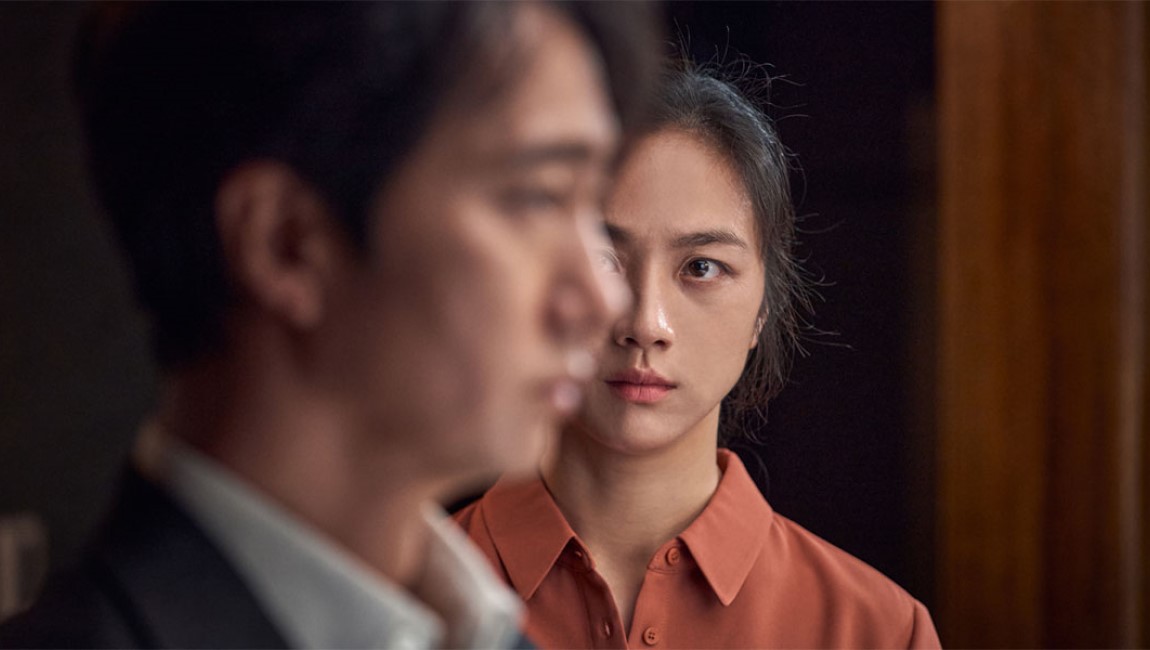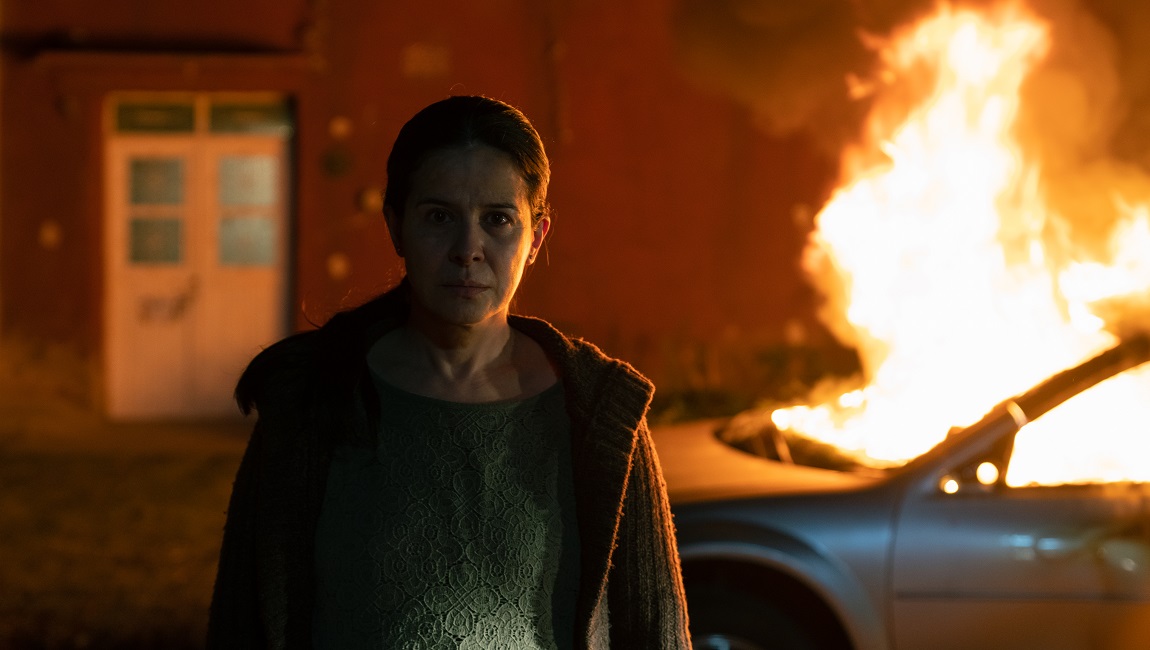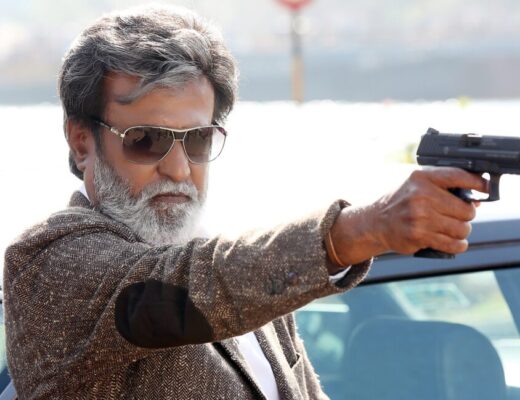Decision to Leave piles on the plot twists, but never loses its essential noir romance vibe.
Tang Wei remains one of the great actresses of our time, here building another variation on the femme fatale role, one entirely different from the one she played in Bi Gan’s 2018 Long Day’s Journey Into Night. In that film, she was the lost object, mysterious and opaque, dreamt about by the forlorn hero doomed to relive the failures of the past in a visit to his hometown. She plays a much more active role in Decision to Leave, the latest from Park Chan-wook, befitting the difference in the two films’ tones and approaches. Where Bi lets his story play out in long, often inexplicable scenes, culminating in a 45-minute long sequence shot that reconfigures the film’s first half into an eerily realistic dreamscape, Park piles case after case and plot twist onto plot twist in a convoluted detective story, making it seem more complex than it really is but never losing the vibe central to noir romance: a man and a woman doomed by desire.
Park Hae-il (The Host, Hansan: Rising Dragon) plays the detective, investigating the death of a middle-aged mountain climber. Tang plays the victim’s wife, a Chinese immigrant who cheerfully introduces herself by saying she doesn’t speak Korean very well. Park immediately suspects her of the crime, but is also unavoidably drawn to her because she’s so, so pretty. His investigation of her swiftly devolves into insomnia-fueled stakeouts of her home, with Park (Hae-il) listening to recordings of her daily routines while narrating his thoughts about her into his telephone. Phones, recordings, Google translations — these are all key motifs in the film, and as the characters’ relationship deepens, Park conjoins them both visually (inserting the detective into Tang’s home as he surveils her and imagines how she may have committed the crime) and aurally (the sound of one heard by another, mediated by the omnipresent phones which both record and transform language), only to abruptly split them apart. Mechanical translations prove to be as unreliable as visions.
Red herrings abound to distract us from the central plot — another case involving murderous obsessive love; Park’s partner chasing down suspects and possibly beating them; Park’s odd but loving wife, a nuclear technician with a fondness for repeating facts she’s learned but who ultimately lacks the passionate insanity Tang hides within an almost completely controlled exterior, the combination of which proves so irresistible to our hero. Most of all, despite the overwhelming mood of a romantic tragedy, Park keeps us in doubt all the way through about Tang’s true nature. Is she really a killer? Does she really love the detective? We don’t know any more than he does. Park rides that uncertainty as long as he can, until, as it must, it all comes crashing down, like waves crashing on an empty beach.
Published as part of TIFF 2022 — Dispatch 3.







